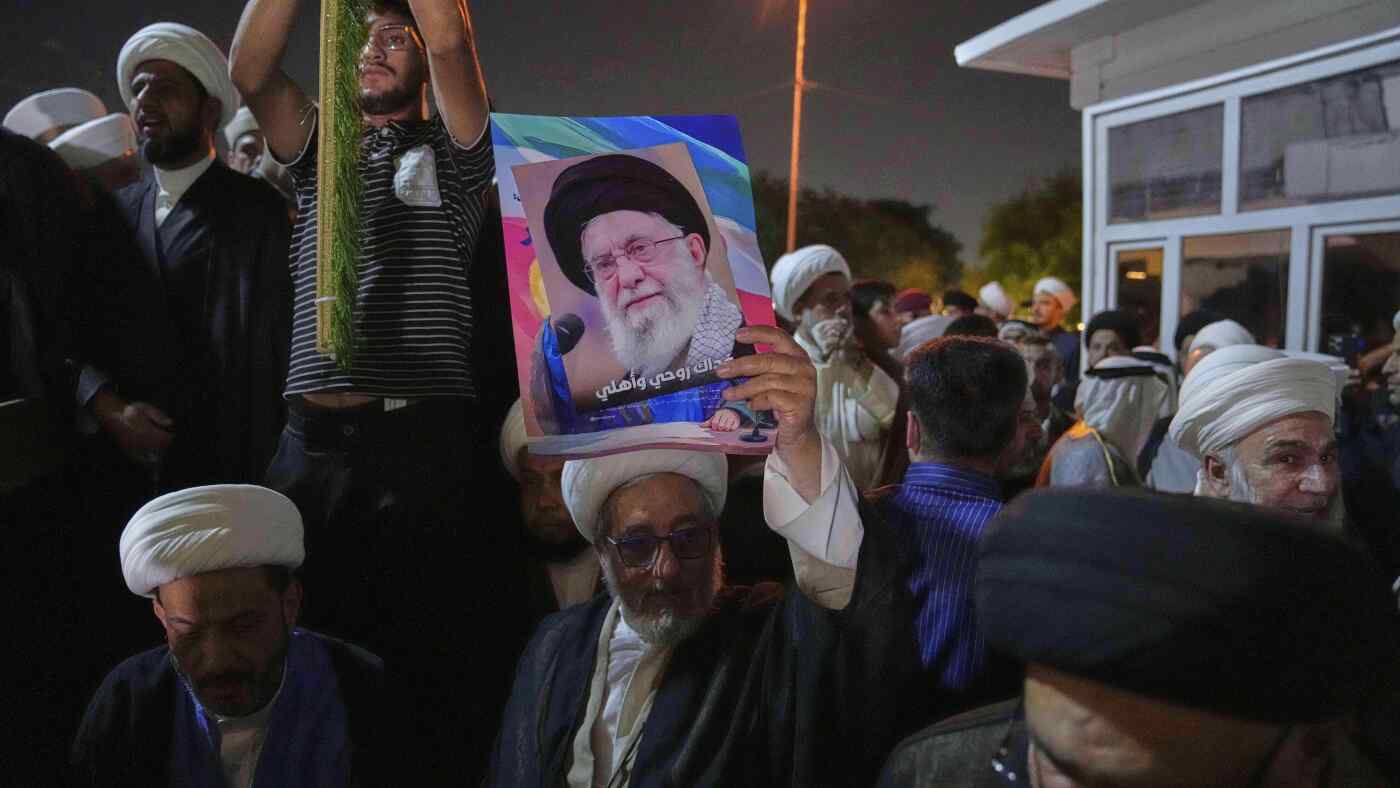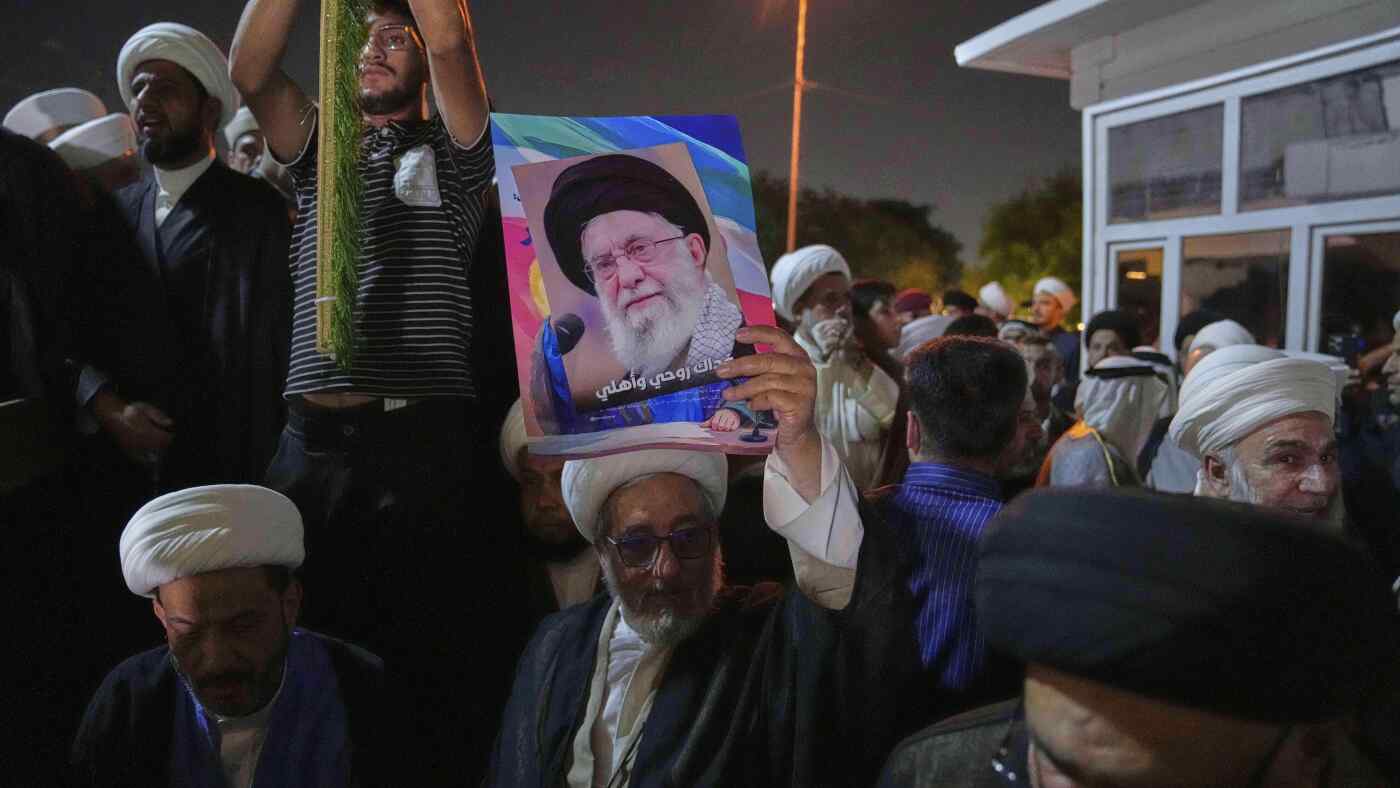European Diplomacy in the Israel-Iran Conflict
The Middle East is once again at a crossroads, with the escalating conflict between Israel and Iran pushing the region to the brink. European nations have stepped into the fray, attempting to de-escalate tensions and steer the parties toward diplomacy. The recent Geneva talks, involving the UK, France, Germany, and Iran, mark a significant effort in this direction. However, the path is fraught with challenges, and the window for peaceful resolution is rapidly closing.
A Region on Edge
The current crisis is a culmination of long-standing tensions and recent provocations. Israel’s offensive against Iranian targets, ostensibly in response to Iranian missile and drone attacks, has raised alarms about a potential full-blown regional war. The United States’ ambiguous stance further complicates the situation, leaving a diplomatic void that European countries are eager to fill. The intricate web of alliances and enmities, coupled with the nuclear dimension, makes this conflict particularly delicate.
The security landscape in the Middle East is deteriorating rapidly. The fear of a wider war is palpable, and the uncertainty surrounding the United States’ involvement adds another layer of complexity. European nations, recognizing the urgency, are actively engaging in diplomatic efforts to prevent a catastrophic escalation. The Geneva talks are a testament to their commitment, but the road ahead is fraught with challenges.
The European Initiative
The European delegation, comprising representatives from the UK, France, and Germany, has a clear twofold objective: urging Iran back to the negotiating table on its nuclear program and de-escalating the current conflict. The revival of the Joint Comprehensive Plan of Action (JCPOA) or a similar framework is a top priority. A nuclear-armed Iran is seen as a significant threat to regional and global stability, and European powers are determined to prevent this from becoming a reality.
However, the immediate concern is de-escalation. European leaders are seeking assurances from Iran to prevent further inflaming of tensions. They are working to open a “window for diplomacy,” acknowledging the limited timeframe for preventing a catastrophic escalation. The coordination with the United States, despite differing views on the appropriate course of action, underscores the importance of a unified Western approach.
The Symbolism of Geneva
The choice of Geneva as the meeting location is not arbitrary. It is a city steeped in diplomatic history, particularly in the context of Iran’s nuclear program. The initial accord, reached in 2013, was a significant achievement, and the location serves as a reminder of that success. It implicitly acknowledges past achievements while confronting the present challenges, symbolizing continuity and possibility.
Iran’s Stance
Iran, however, presents a formidable challenge to these diplomatic efforts. Iranian officials have made it clear that they will not discuss their nuclear program while under military pressure from Israel. This stance reflects Iran’s determination to defend its sovereignty and its unwillingness to negotiate from a position of perceived weakness. Iran’s recent military actions further complicate the diplomatic landscape, demonstrating a willingness to retaliate against perceived provocations.
The US Factor
The role of the United States adds another layer of complexity. While the European talks are coordinated with the US, President Trump’s potential responses remain uncertain. The contrast between Europe’s emphasis on diplomacy and the possibility of US military intervention highlights a divergence in strategic approaches. This dynamic underscores the importance of clear communication and coordination between Washington and its European allies to avoid unintended consequences.
The US is simultaneously considering its own course of action, potentially including strikes against Iranian targets. Such actions could undermine the European diplomatic initiative, making the situation even more precarious. The delicate balance between diplomacy and military action is a challenge that all parties must navigate carefully.
The Urgency of Dialogue
The situation is characterized by a rapidly narrowing window for diplomatic intervention. The continued exchange of fire between Israel and Iran, coupled with the potential for miscalculation or escalation, creates a volatile environment. European leaders recognize the urgency and are attempting to leverage their diplomatic influence to prevent a full-scale regional war.
The success of these efforts hinges on the willingness of all parties to engage in constructive dialogue, exercise restraint, and prioritize de-escalation. The stakes are high, and the challenges are significant, but the alternative—a full-blown regional war—is unacceptable.
A Fragile Hope
The Geneva talks represent a crucial, albeit fragile, opportunity to avert a wider conflict. While significant obstacles remain, the willingness of European and Iranian diplomats to meet face-to-face is a positive sign. The immediate focus will likely be on establishing clear communication channels, reducing the risk of further escalation, and exploring potential pathways for a return to nuclear negotiations.
The outcome of these talks will have profound implications for the future of the Middle East and the broader international order. The delicate dance of diplomacy continues, with the hope of steering the region away from the brink of war. The path is uncertain, and the challenges are daunting, but the alternative is too grim to consider. The world watches, hoping that diplomacy will prevail over conflict.








